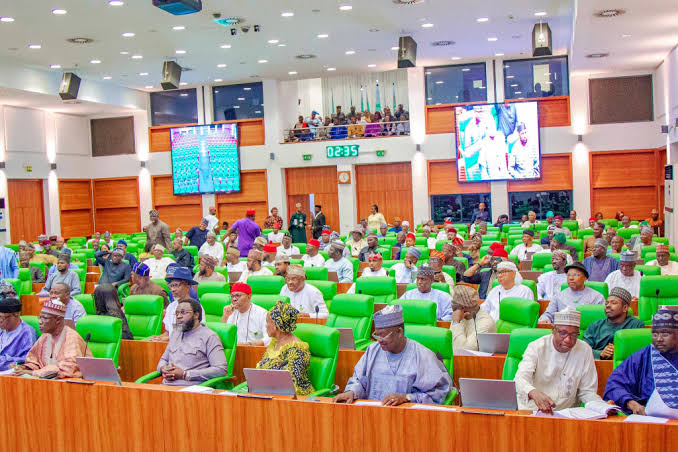
The Nigerian House of Representatives is considering a bill that would significantly expand the local government structure in Lagos State, potentially impacting governance and resource allocation within the state and across the country. The proposed legislation aims to elevate Lagos State’s 37 Development Area Councils to full-fledged Local Government Areas (LGAs). If enacted, this would increase the number of LGAs in Lagos State from 20 to 57, making it the state with the highest number of LGAs in Nigeria, and raising the national total from 774 to 811.
The bill, titled “A Bill for an Act to Alter the Constitution of the Federal Republic of Nigeria, 1999 (as amended) to Accommodate the Thirty-Seven (37) Development Area Councils of Lagos State as Full-Fledged Local Government Areas,” has successfully passed its second reading in the House.
This legislative effort is being led by Hon. James Abiodun Faleke, representing the Ikeja Federal Constituency and serving as the Chairman of the House Committee on Finance, along with several other lawmakers.
Read more:SMEDAN Empowers Nigerian Entrepreneurs in Ekiti State
The proposed constitutional amendment seeks to grant administrative and financial autonomy to the newly recognized LGAs, enabling them to operate with full capabilities to improve governance and service delivery. This move is expected to facilitate more equitable resource allocation and bring governance closer to the grassroots, addressing the needs of Lagos State’s rapidly growing population. The potential impact on resource distribution formulas and the overall efficiency of local governance is a key consideration for observers.
Hon. Faleke’s leadership in this initiative reflects a focus on addressing the infrastructural and administrative challenges faced by Lagos State, Nigeria’s economic hub. By advocating for the formal recognition of these Development Area Councils, he aims to strengthen local governance structures and enhance the responsiveness of public service delivery.
The bill’s progression highlights a proactive approach to constitutional reform, emphasizing the importance of adapting governance frameworks to meet evolving demographic and administrative demands. As the bill advances, its potential implications for local governance, resource allocation, and overall administrative efficiency in Lagos State will be closely watched.



